Chapter 7 Personal Bankruptcy Q & A: How Does a Chapter 7 Consumer Bankruptcy Effect Mortgage Foreclosure, Deficiency Judgments, Short Sales, Deeds In Lieu of Foreclosure & Personal Income Taxes.
- Mortgage Foreclosure – A Chapter 7 Bankruptcy Discharge DOES NOT prevent the owner of the Note and Mortgage on the property from foreclosing on the property. In New Jersey, foreclosure proceedings are brought against the property only and are not actions to collect money damages. Therefore, they do not violate the provisions of the Bankruptcy Code.
- Deficiency Judgments – A Chapter 7 Bankruptcy Discharge DOES prevent the owner of the note and mortgage on the property from seeking any additional payment from the property owner. The discharge effectively releases your legal obligation to repay money to the mortgage company. Even if you took no action to protect the property in the bankruptcy, the legal effect is the same. This would apply to any Bankruptcy filed prior to the completion of the foreclosure and may be used after foreclosure if the bank seeks a deficiency.
- Income Tax Liability Resulting from Short Sale or Deed in Lieu of Foreclosure – A Chapter 7 Discharge avoids personal income tax liabilities that may have resulted from a Short Sale or Deed in Lieu of Foreclosure. When a creditor agrees to accept less than the full amount due on a debt, it may send a 1099-C Form (Cancellation of Debt) reflecting its loss. Any loss to the bank/creditor is treated by the IRS as income to the debtor/homeowner. While there are exceptions in the Federal and State Tax Codes to the tax treatment of this ‘income’, you should not assume that these exceptions apply to you until you have reviewed them with a qualified professional such as an accountant, CPA, tax attorney or another attorney experienced in such matters. However, because the debt was discharged in the Bankruptcy, there can be no tax liability even if you receive the form. Currently, a tax filer can claim a simple exemption in their tax forms where they have received a Chapter 7 Discharge.
BE WARNED: The ability to “discharge” the liability in cases of foreclosure, short sales and deeds in lieu of foreclosure should be reviewed BEFORE when the foreclosure is filed or while it is in process. Filing a Chapter 7 Bankruptcy, for example, after you complete a Short Sale where the bank waives collection of unpaid balance WILL NOT discharge the income or taxes. It is essential that you consult with an experienced New Jersey Foreclosure and Bankruptcy attorney as soon as possible if you are considering these options or faced with a foreclosure.
Caution: Be wary of relying on advice from realtors or well-meaning friends and family members about how filing a Chapter 7 Bankruptcy as the impact of the Bankruptcy Discharge as well as other Federal and State laws are often complicated. We have seen numerous examples of those who relied on the statements who have been ‘sand bagged’ when the received a demand for payment of federal income taxes.


